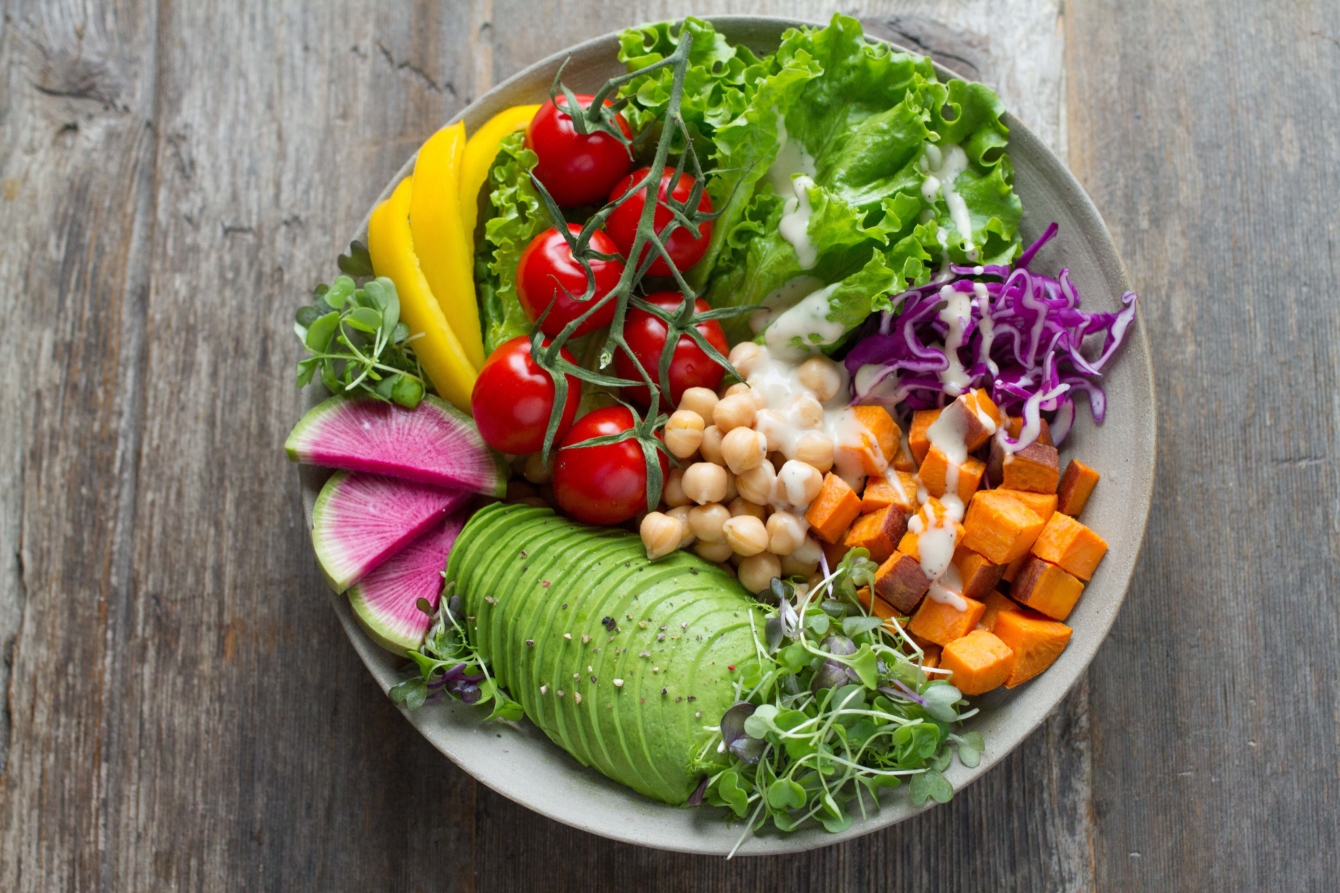Following an Anti-Inflammatory Diet

We have the power to bring down inflammation through the foods we choose to eat so forget the medicine cabinet and let your fridge hold the answer to reducing inflammation and preventing disease. Read on for our resident Nutritionist’s tips to following an anti-inflammatory diet.
What is an anti-inflammatory diet?
Inflammation is our bodies natural immune response but when we have chronic or long-term inflammation we can be left with symptoms or disease progression. Many foods can increase or prompt an inflammatory response while others can protect from or reduce inflammation.
By following an anti-inflammatory diet you are reducing inflammation and improving overall health. The Mediterranean diet filled with veg, fruits, wholegrains, fish and healthy fats is a great eating plan to consider.
Inflammatory foods to be removed
Sugar
Over consumption of sugar causes your body to release inflammatory messengers called cytokines. Aim to keep your added sugars under 30g per day and opt for natural sugars from fruits.
Refined carbohydrates
Refined carbohydrates such as white breads, pastries, pastas etc are those that have had the fibre removed from them and tend to shoot our blood glucose levels up. Fibre helps balanced blood sugar levels, keeps us full, helps our bowel movements and our gut.[1] Intake of refined carbohydrates has been linked to the growth of inflammatory gut bacteria.
Swap to wholegrain options such as oats, brown rice and quinoa.
Processed foods
Burgers, fries, pastries, crisps, junk foods, processed meats and fizzy drinks – these processed foods have been stripped of nutrients or have added sugars, stabilisers, preservatives, colours etc tend to be low in nutritional value and higher in pro-inflammatory ingredients. Opt for fresh food cooked from scratch when possible.
Anti-inflammatory foods to include
Antioxidants
Antioxidants can help to reduce oxidative stress which plays a role in inflammation production and can help to repair cell and tissue damage caused by inflammation! They are mostly found in colourful fruits and veggies such as berries, squashes, greens, beetroots, turmeric, ginger and green tea.
Eat more plants
Vegetables and fruits contain many of the nutrients we need for bodily processed as well as anti-inflammatory compounds. Eat a rainbow of colours at every opportunity!
Healthy fats
Olive oil, nuts and avocado all contain monounsaturated fats which are anti-inflammatory and fantastic for heart health. Use these in your diet regularly.
Omega-3 foods
Omega-3 fatty acids play a role in regulating your body’s inflammatory process as well as being fantastic for brain, nervous system and heart health. You can find omega-3 fats in oily fish such as salmon, mackerel, sardines and in plant-based sources such as walnuts, pecans, flax and chia seeds.
Wholegrains and pulses
Both these food groups are high in fibre which can help feed our beneficial gut bacteria, helping them to produce inflammation reducing compounds such as short chain fatty acids. Plus they also tend to be filled with nutrients and some antioxidants. Opt for quinoa, oats, brown rice, wholemeal pasta, lentils, chickpeas and beans.